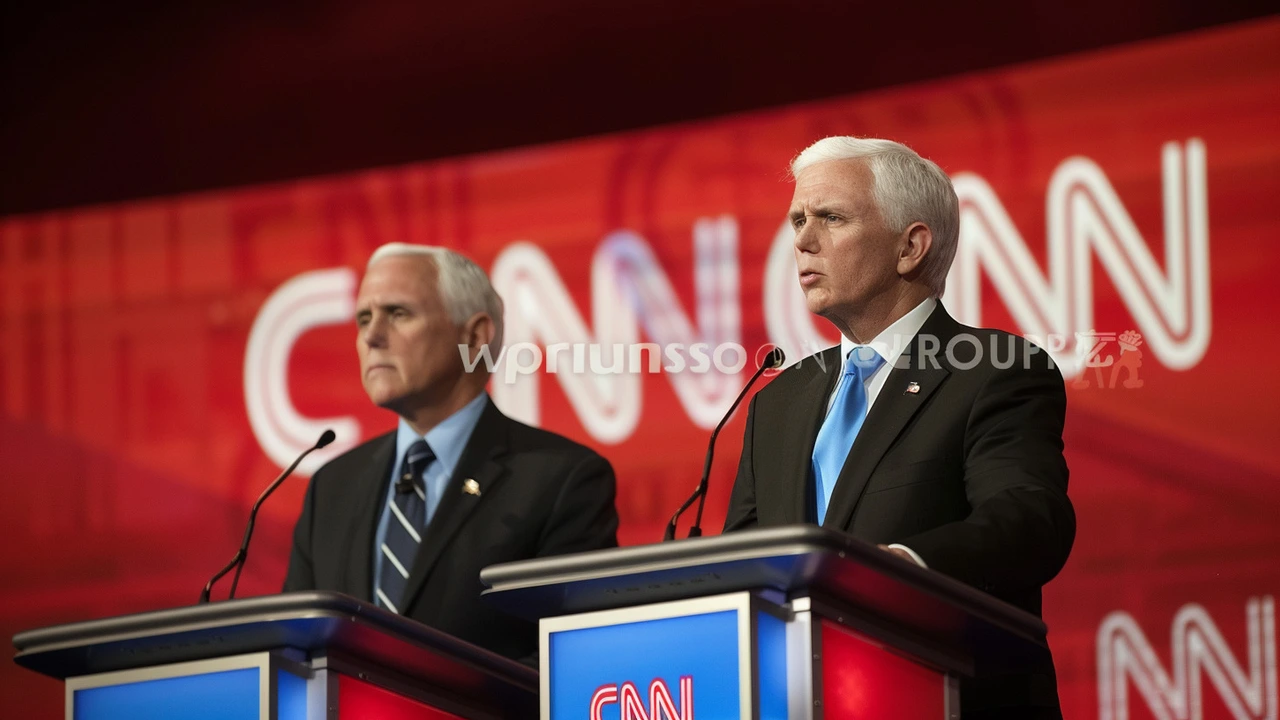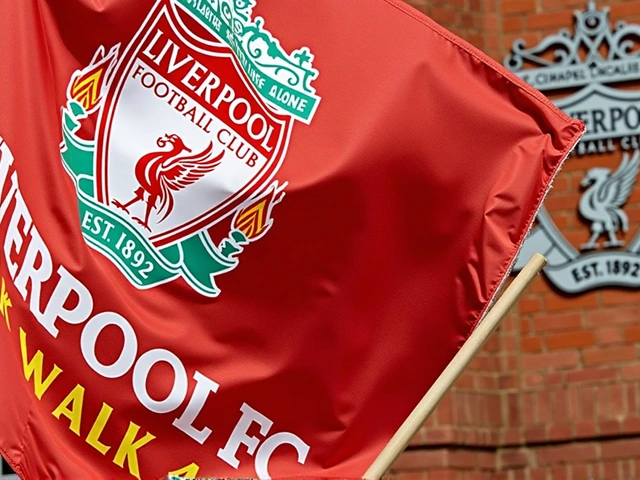US Presidential Debate 2024: Background and Settings
The first presidential debate of the 2024 US election cycle brought together current President Joe Biden and former President Donald Trump. The event, hosted by CNN, deviated from the usual debate norms by taking place over four months before Election Day. New rules were instated to prevent the chaos that marred previous debates, such as automatic microphone cut-offs and lack of a live audience.
This early face-off saw the candidates grappling with a nation standing on heightened alert. According to recent polls, two-thirds of voters expressed anxiety about potential violence at the polls in the aftermath of the upcoming election. This sets a tense scene on which Biden and Trump would need to make their respective cases to the American public.
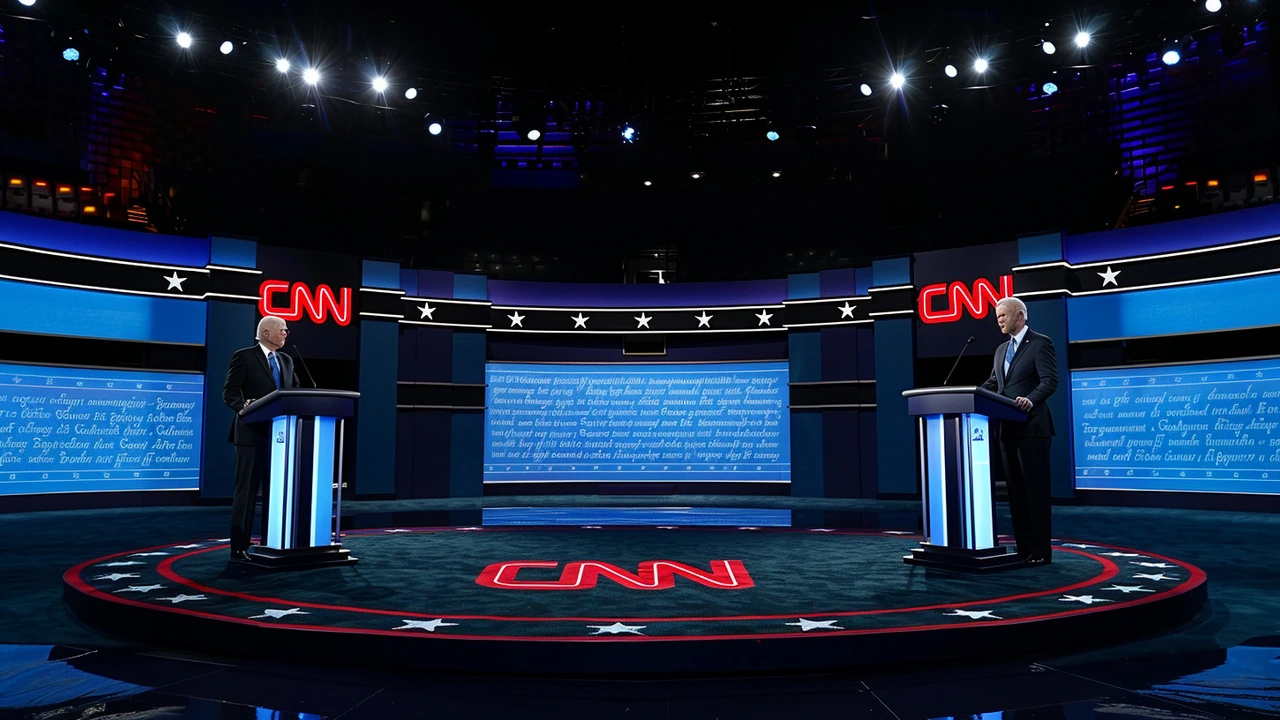
Key Focus: Economic Challenges and Claims
Biden’s Position
President Biden, who opened the debate, acknowledged that inflationary pressures had driven prices higher during his tenure. However, he emphasized his administration’s efforts in guiding the country out of the tumultuous post-pandemic period. Biden pointed to various job creation initiatives, economic stimulus packages, and social programs aimed at alleviating economic suffering.
Asserting that the direct impact of the coronavirus pandemic was the main culprit behind global economic shifts, Biden urged voters to consider the broader picture. He noted efforts to rebuild infrastructure, invest in green energy, and enhance healthcare accessibility as successes. Despite these accomplishments, Biden's fumbling early responses allowed Trump to seize the narrative quickly.
Trump’s Counterclaims
Former President Trump was quick to stake his claim on economic grounds. He boasted about his administration overseeing what he called “the greatest economy in U.S. history” prior to the pandemic. Trump outlined tax cuts, deregulation, and trade deals as key policies that bolstered the economy during his presidency.
Trump criticized Biden’s handling of the economic fallout from the pandemic, alleging that more could have been done to prevent the downturn. His rhetoric aimed at painting a picture of inefficiency and misplaced priorities under Biden’s leadership. Trump’s assertions, though not fully substantiated by all economic analysts, resonated with voters discontent with the current economic conditions.
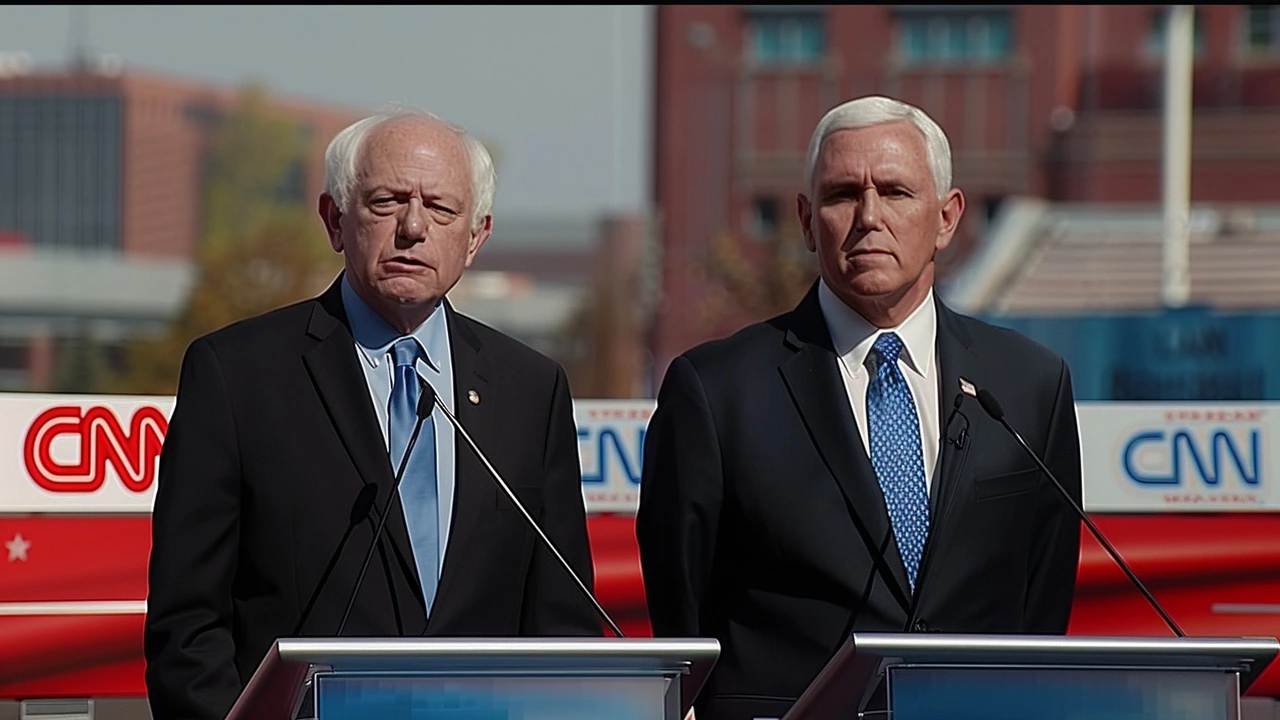
The Broader Political Context
The debate took place against a backdrop of deep national division. The electorate remains largely split, with partisan loyalties often overshadowing policy specifics. This polarization stirred a contentious atmosphere, with neither Biden nor Trump showing any sign of bridging the political divide.
Adding to the debate’s intensity is Trump's current legal entanglements. Facing three criminal cases, including allegations surrounding efforts to overturn the 2020 election results, Trump’s legal woes became a focal point. Biden accused Trump of posing a significant threat to American democracy, highlighting his efforts to undermine election integrity. The former president, in turn, dismissed these accusations as political witch hunts aimed at derailing his campaign.
The personal animosity between the two leaders was palpable. Both candidates refrained from the customary handshakes or pleasantries. This mutual disregard set a tone of unrelenting hostility that carried through the hour-long exchange.
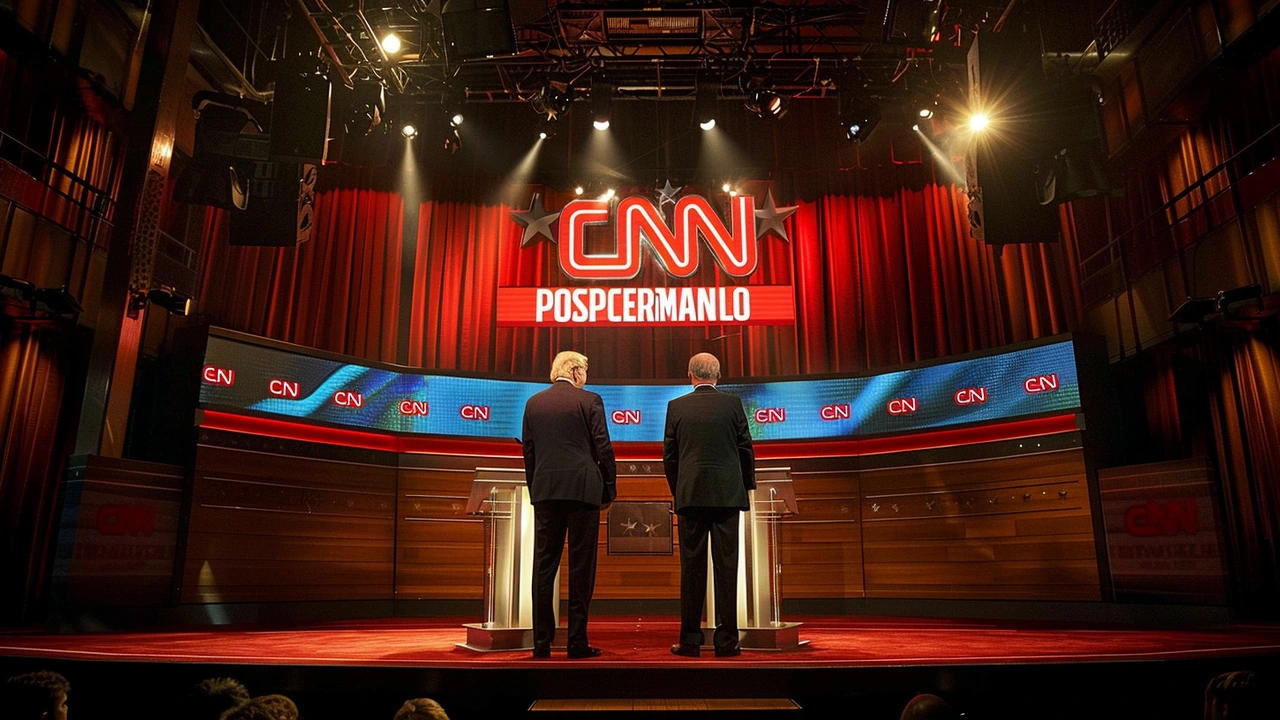
Conclusion: What’s Next?
The 2024 presidential debate underscored the ongoing challenges and tensions within American politics. This early interaction between Biden and Trump has set a contentious stage for the months ahead, with both campaigns likely to escalate their rhetoric and strategic maneuvers.
While Biden seeks to solidify his administration’s achievements and project a vision for continued recovery, Trump aims to recapture the sentiments that propelled his initial rise to power. As both candidates navigate their paths towards Election Day, the American public remains watchful, wary, and deeply divided.

